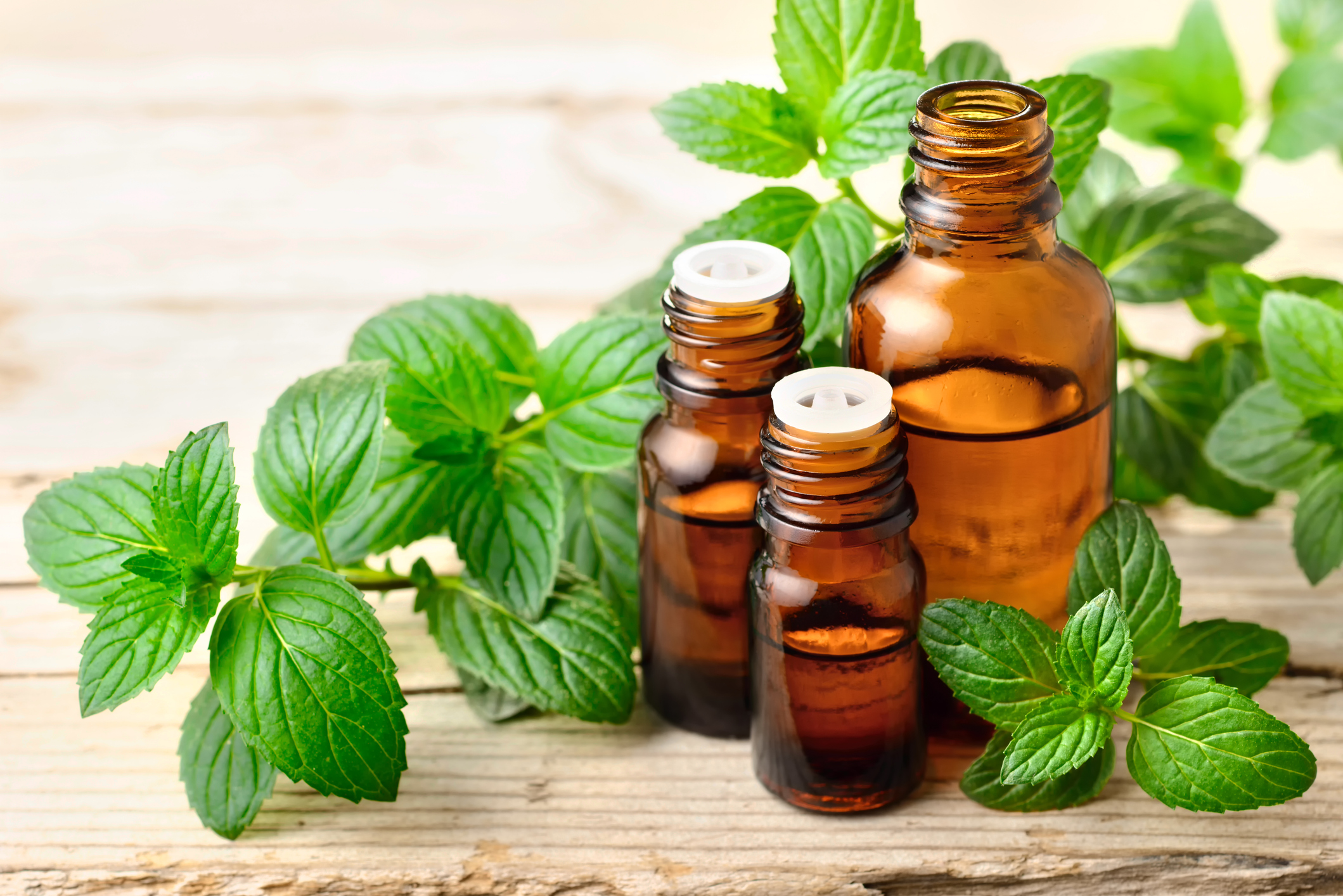Hair thinning and loss in older age is a common source of distress for men and women alike and although treatment with minoxidil has received U.S. Food and Drug Administration approval for hair regrowth, not everyone is excited about putting chemicals on their scalp. There are a couple of tested devices such as laser combs and brushes that may stimulate hair growth but the long-term safety and effectiveness is not known. But recent research has found that peppermint oil may help promote hair growth for people suffering alopecia, without risking the potential side effects of minoxidil (trade name Rogaine).
According to a recent Korean study, the menthol in peppermint oil when applied to the scalp in diluted form (with coconut or jojoba oil), could improve blood flow to the scalp, promoting hair growth. Researchers found that a 3 percent solution of peppermint oil produced hair growth on par with a 3 percent minoxidil solution after 4 weeks. Experts recommend using a mixture of 2 tbsp of warm coconut oil or jojoba oil and 3-4 drops of peppermint oil to the scalp to stimulate hair growth. Allow the tingling sensation to be your guide to how strong to make the mixture, it should not be uncomfortable. Increased blood circulation has been demonstrated to help support cell growth and increase hair thickness and survival.
Although it’s normal to lose about 50 to 100 hairs every day, stress, hormonal changes, heredity and some diseases and medical treatments can cause noticeable hair loss. Nearly 80 million men and women in the United States have pattern baldness or hair thinning. If you experience hair loss, talk with a dermatologist about treatment options.
Tips for Managing Hair Loss
- Talk with your doctor, hair loss may be a sign of an underlying health condition
- Manage stress with physical activity, meditation or breathing exercises
- Eat a healthy diet rich in fruits, vegetables and lean protein
- Limit styling and products that may cause hair damage and breakage
- Handle hair gently after washing, use a wide tooth comb and avoid rubbing or excessive brushing
- Tight ponytails or braids can also cause hair breakage
Source: American Academy of Dermatology






Add Your Voice
0 Comments
Join the Discussion